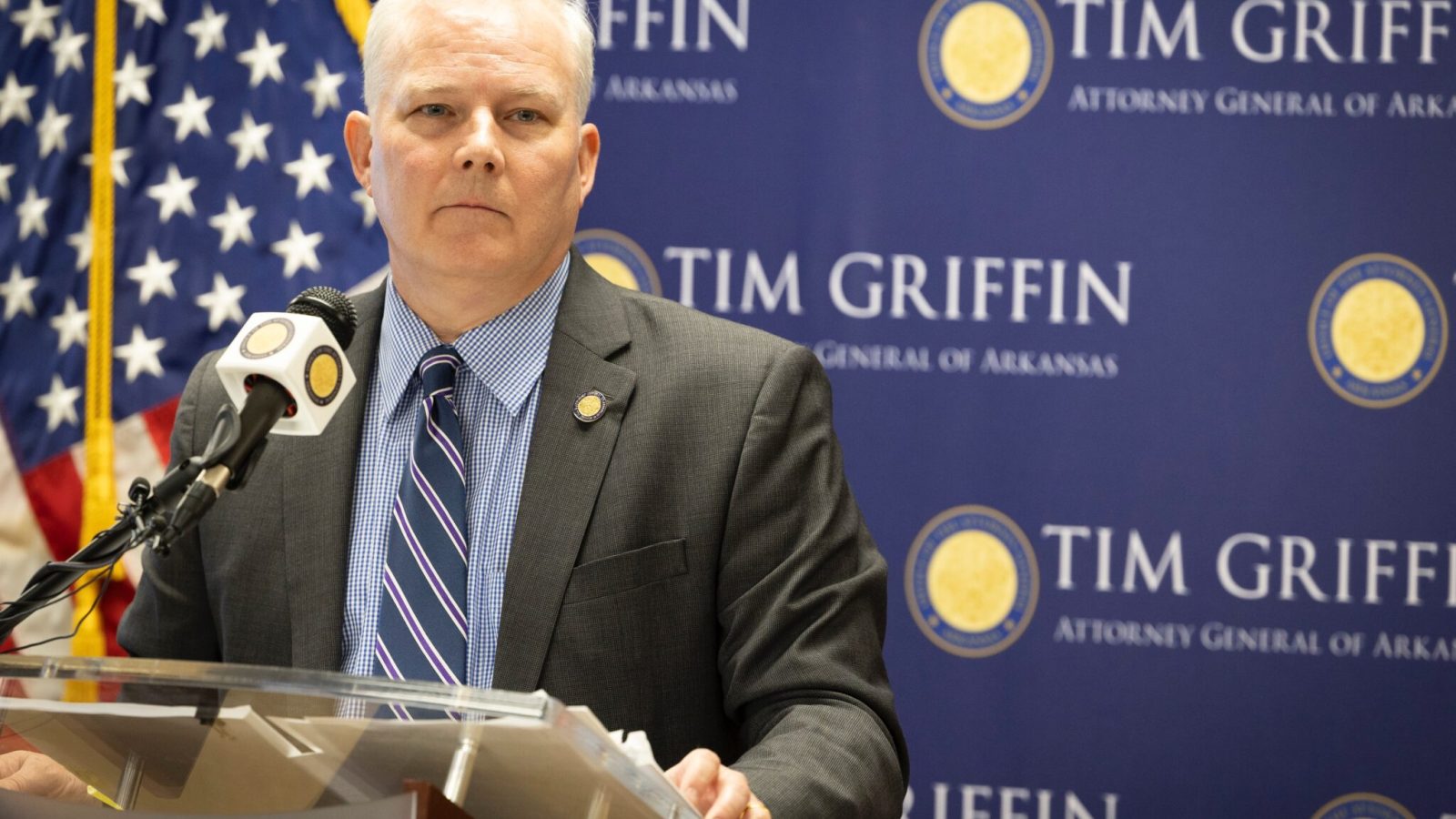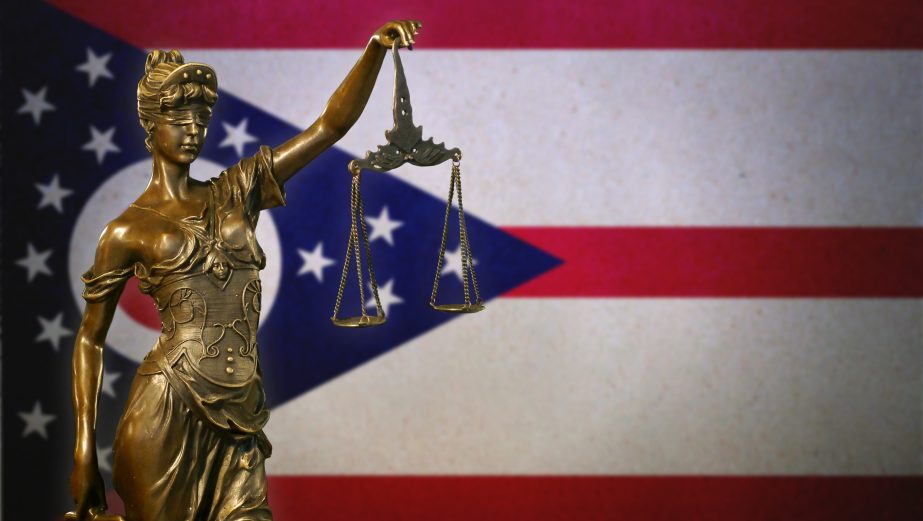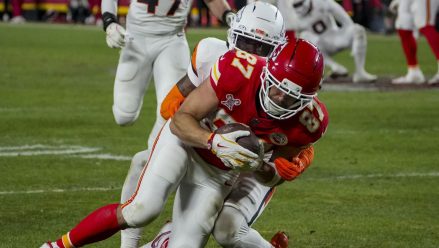Arkansas Attorney General Tim Griffin writes in an opinion that prediction markets like Kalshi “violate the law” by offering what is simply a “rebranded” form of gambling without the required state license.
The state Office of the Attorney General published the opinion Thursday following questions from state Sen. Bryan King, who asked whether a company like Kalshi would be “in violation of state law” by operating in Arkansas without a license.
His questions concerned prediction markets in general but highlighted Kalshi as a platform that allowed customers to bet on events like sports and elections.
Griffin noted that interpretation of gambling laws has generally cast a wide net in order to ensure that operators can’t offer a product that is identical to gambling and use loopholes in the law to argue that it is not actually gambling.
2025-073“When interpreting statutes that prohibit gambling or gaming, judges will read ‘the statutes liberally’ and ‘in favor of the prohibition,’ to prevent someone ‘from evading the penalty of the law’ by changing the name or creating a new name or device,” he wrote in response to King’s request.
“The acts you describe meet the Supreme Court’s definition of gambling and gaming: a participant is risking money on a chance that some future event occurs. The fact that a company has rebranded this gambling activity as a ‘prediction market’ does not protect it from scrutiny.”
Ultimately, Griffin’s conclusion was that, “based on the information provided in the opinion request, a business model like you have described constitutes gambling or gaming and requires licensure,” and that therefore it would be in violation of state gambling laws if it operates without a license.
Griffin also noted that it is illegal to “receive or transmit information” about sports for the purpose of gaming and that therefore a prediction market like Kalshi would “violate the law as well.”
In response to a second question about whether a prediction market would have to pay Arkansas’ fantasy sports tax, Griffin said it would not as it was not a fantasy sports platform.
Arkansas sports betting market
Sports betting — both retail and online — is legal in Arkansas, but sportsbooks must give 51% of their revenue to local casino partners. That has kept many large national players out of the market. Only three operators are active, and all use the brand names of local casinos.
That more limited market appears to put the state in a position where, despite online sports betting being legal, there may be pent-up demand for prediction markets.
For example, Arkansas is one of the few legal statewide online sports betting states in which Underdog’s prediction market offering — available through a partnership with Crypto.com — is available, suggesting that the daily fantasy business saw a larger-than-average prediction market demand in the state.
New way for AGs to address markets
The letter — the first formal attorney general opinion on the legality of prediction markets — is a new method in which a state attorney general has addressed the rise of prediction markets and expressed the view that they are an unlicensed form of gambling.
However, it is a more moderate step than the cease-and-desist letters issued by states like Ohio, New Jersey, and Arizona, or the decision by Massachusetts Attorney General Andrea Campbell to sue Kalshi in state court.
But given the attorney general’s opinion on the matter, it could be a sign that further action against prediction markets like Kalshi could be coming soon.
The letter may also be a sign of increased awareness of prediction markets and encouragement of action from state legislators.
Besides King, few state legislators have spoken about prediction markets and the legality of their offering. King’s questions to Griffin may offer a template for other state legislators that oppose prediction markets to follow in order to raise awareness and encourage attorneys general to take action.
Does the opinion matter?
Andrew Kim, a partner at Goodwin Law, was skeptical that the opinion would mean much, however. He pointed out that federal lawsuits about the legality of prediction markets’ sports offerings have mostly hinged on whether the federal Commodity Exchange Act makes state gambling laws irrelevant, not whether prediction markets violate those laws in the first place.
“The Arkansas AG’s opinion doesn’t come as any great surprise—the states are obviously inclined to conclude that contracts offered by prediction markets are gaming and gambling,” he said. “Although the opinion states that ’[t]he fact that a company has rebranded this gambling activity as a prediction market does not protect it from scrutiny,’ that is ultimately not up to the state AG (or state law) to decide.
“The issue before us isn’t whether Kalshi’s contracts are gaming or gambling under state law, but rather whether federal law sets that state law aside.”








